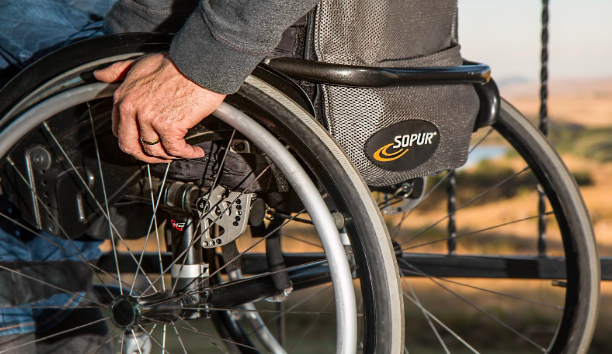Over 400,000 personal injury claims are filed each year in the US. However, only 4% go to trial. The most common cause of personal injuries is a motor vehicle accident, representing 52% of the total cases. Texas (3874), California (3847), and Florida (3331), are the states with the highest number of fatal crashes, and Colorado (622) is among the lowest. Yet still, there are about 220 motor vehicle accidents reported every day in Denver, Colorado.
Personal Injury cases are lawsuits filed in a court of law against a person or company that might be legally responsible for causing harm or injury from an accident. Any damages and medical bills incurred by the victim must be paid by the accused or the accused’s insurance company.
But filing a personal injury claim isn’t a straightforward process, especially when you’re unsure of the legitimacy of yours. There are several factors to consider. So here are five tips to determine if you have a personal injury case you can file in court.
1- You were injured
The first question to ask yourself is; are you injured? You need to consider physical and emotional damage since accidents can cause physical and mental trauma. You might face PTSD, nightmares, or mental breakdown. Unlike physical injury, an emotional injury may not appear right after the incident. So it is essential to monitor your physical and mental health after the incident.
If you are injured, the first step is getting medical attention. Seek medical help, and gather evidence to support your claim. Hiring an attorney will also help you fight for compensation and protect your legal rights.
You can even get free online consultations to understand your situation better. For example, suppose you live in Denver and are caught in a car accident. In that case, you can look up ethical personal injury attorneys in Denver online and have someone review your case to see if you have a genuine claim. It will help you analyze your situation better and take the best course of action.
2- You were injured because of someone else’s negligence
If the answer is yes, you have a personal injury case. The compensation includes more than just medical bills. You can also claim lost income in this case. Your injury might have prevented you from working, and you may lose your wages.
Suppose someone owed you a duty and violated that duty causing you physical or emotional harm. In that case, you can file a lawsuit to seek damages. For instance, all must adhere to traffic laws on the road. Every driver owes this duty to other drivers on the road. Anyone who violates this duty is liable to compensate the victim for damages. The duty is violated if someone breaks a red light causing an accident.
3- Medical records prove a claim
For a successful lawsuit, you need evidence to support your claim in court. The best way to prove your injury is with documented medical records. This is why seeking medical help after an accident is essential, even if you do not feel injured. It might take a while to feel the full extent of your injuries. Hence, visit your doctor and record all medical tests, including x-rays and scans.
4- Non-medical evidence suggests a claim
You can file a lawsuit if you have credible evidence that someone was responsible for what can be classified as a personal injury. There might be a video or photograph of the incident. Drivers nowadays install dashcams that document accidents. Or you might have a few eyewitnesses testify you were injured because of someone else’s negligence.
5- Mistakes can weaken your case
Mistakes can play a significant role in your injury case. You need to be aware of these mistakes to avoid them. Some common mistakes that victims suffering from personal injury make include the following:
- Not seeking medical attention immediately following the accident
- Posting about the accident on social media
- Giving a statement to an insurance adjuster without taking an attorney’s advice
- Ignore medical advice provided by a healthcare professional
- Not documenting evidence following the accident
Suppose you fail to seek medical attention immediately following the accident. In that case, your claim to injuries will be thin as your injuries won’t be documented directly after the accident. Similarly, posting about the accident on social media may impact the credibility of your claim.
An insurance adjuster might take advantage of you in this situation. You might not know your absolute legal rights, which an attorney can tell you. So be sure to speak to an attorney before giving a statement to an insurance adjuster. Speak to your attorney if you have already committed any mistakes.
Conclusion
The first step following an accident is seeking medical attention. This way, you can minimize the damage to your health. Remember to get everything documented and try to avoid any of the common mistakes listed above. Contact an attorney to discuss your situation and take the best action. You can get free consultations to understand your legal rights and state law. An attorney will guide you if you have a personal injury case or not. An attorney will help you fight for better compensation and prevent you from getting stressed or overwhelmed.
































